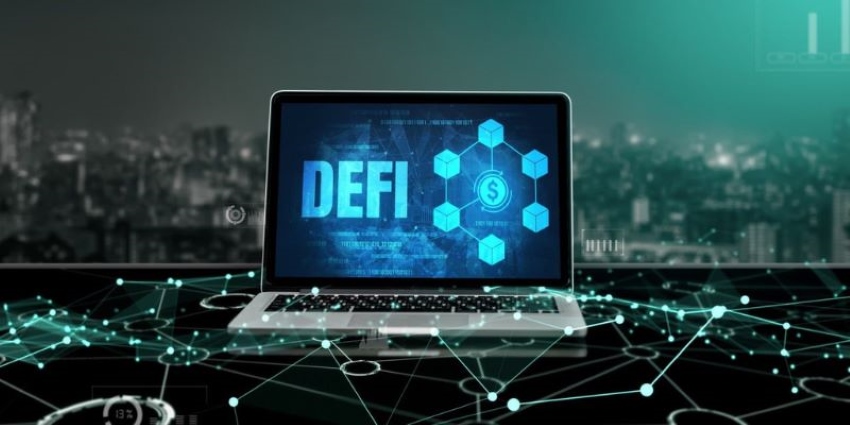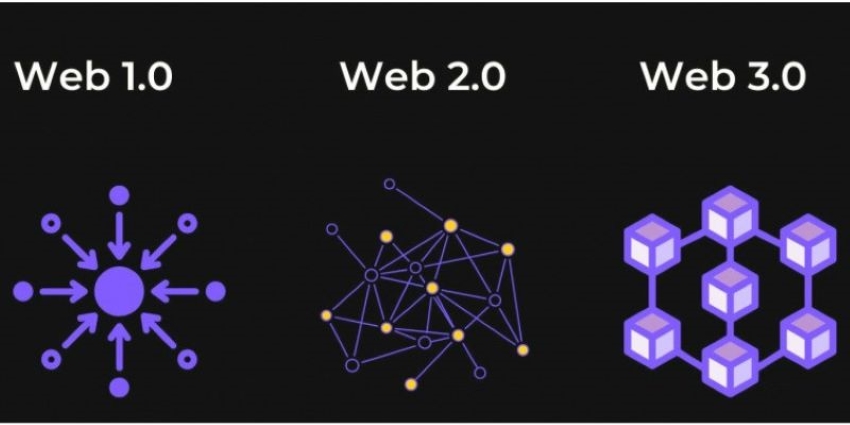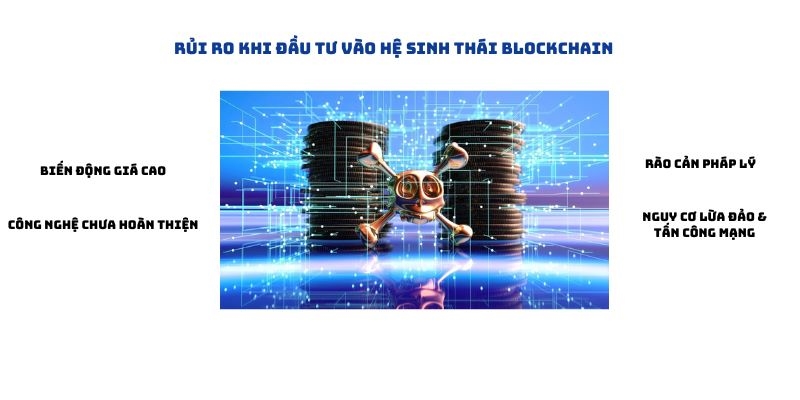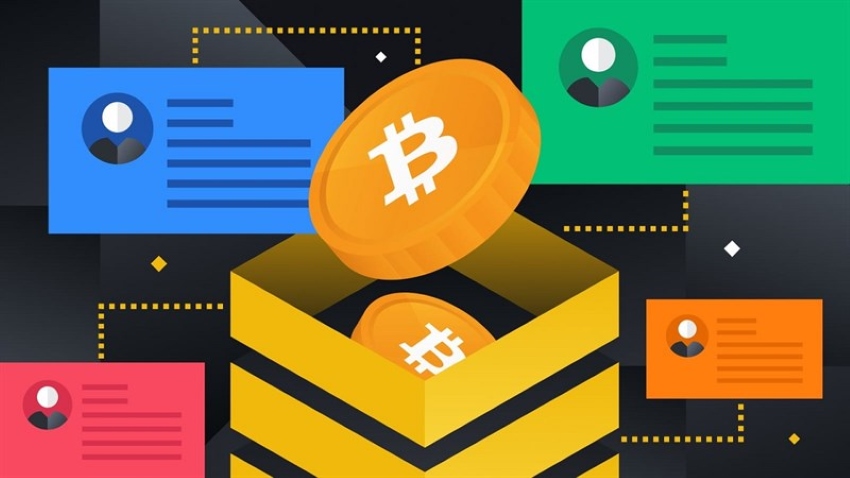What is DeFi? Learn about decentralized finance (DeFi), how it works, its benefits, risks, and the future of DeFi. Explore DeFi wallets, smart contracts, and real-world applications.
1. What is Defi?
DeFi (Decentralized Finance) or decentralized finance is a financial system that operates based on blockchain technology, eliminating the intervention of intermediaries such as banks or traditional financial institutions. Instead, transactions are carried out through DeFi smart contracts on the blockchain, providing high transparency, security and efficiency.
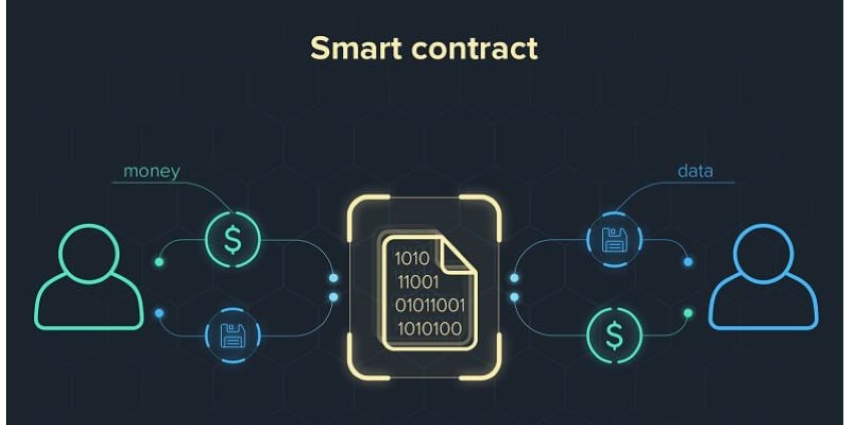
Smart deFi contracts optimize security and transparency
DeFi has grown rapidly since its inception in 2017 and is becoming an inevitable trend in the modern financial industry. Currently, the total value locked (TVL) in DeFi platforms has surpassed tens of billions of USD, demonstrating the appeal of decentralized finance to investors worldwide.
2. How DeFi Works
DeFi (Decentralized Finance) operates on a number of core principles, offering significant benefits over the traditional financial system.
Eliminate intermediaries
One of the most prominent features of DeFi is the elimination of traditional financial intermediaries like banks. All transactions in DeFi are executed through smart contracts on the blockchain. Smart contracts are self-executing code snippets that automatically carry out the terms of an agreement when specified conditions are met. This helps reduce costs, accelerate transaction speeds, and eliminate reliance on intermediary organizations.
Expanding financial access
DeFi expands financial access to anyone with an internet connection. Users can borrow, save, trade, and perform many other financial activities without needing a bank account or having to meet the stringent requirements of traditional financial institutions. This is particularly useful for people in regions with limited access to financial services.
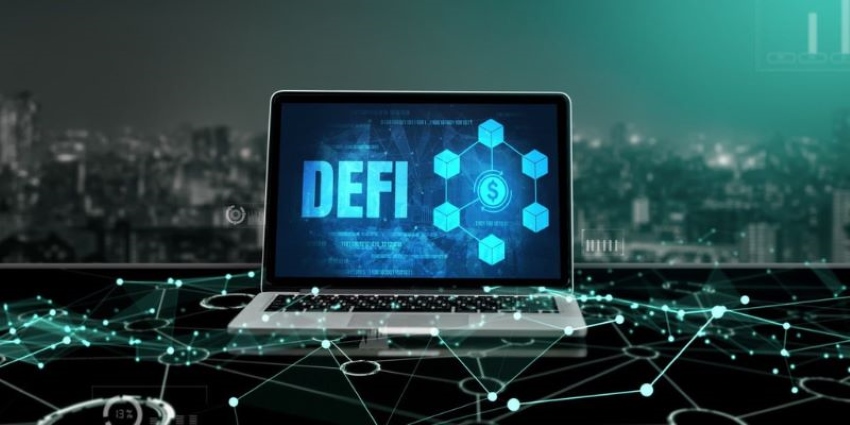
Users can perform various activities with deFi
High transparency
Transaction data in DeFi is recorded publicly and permanently on the blockchain. This creates a transparent financial system where everyone can inspect and verify transactions. High transparency helps limit fraud, enhance trust, and ensure fairness in financial transactions.
Asset control
In DeFi, users have full control over their assets. They do not need to entrust their assets to any third party. Users manage their own private keys, allowing them to access and use their assets freely. This provides higher security and autonomy compared to the traditional financial system, where assets are often held by banks or financial institutions.
3. Popular applications of DeFi
DeFi (Decentralized Finance) is becoming increasingly popular with many diverse applications, offering novel and effective financial solutions. Below are some typical applications:
Decentralized Exchanges (DEXs)
Decentralized exchanges (DEXs) like Uniswap, Sushi Swap, and Pancake Swap have revolutionized the cryptocurrency trading landscape.
Instead of relying on traditional centralized exchanges, DEXs allow users to trade directly with each other through smart contracts. This eliminates intermediaries, reduces transaction costs, and enhances security.
Lending & Borrowing
Platforms like Aave, Compound, MakerDAO allow users to borrow and lend digital assets without a third party.
Lenders can earn interest on their idle funds, while borrowers can access quick funding without traditional collateral.
Benefits: Flexible interest rates, ability to mortgage crypto assets for loans.
What is a DeFi Wallet?
DeFi Wallet is a special type of cryptocurrency wallet, designed to help users manage digital assets and interact directly with DeFi applications and protocols. Popular DeFi wallets today include MetaMask, Trust Wallet, and Coinbase Wallet.
The main advantage of DeFi wallets is that users are given complete control over their assets, without having to rely on any intermediary organization. This brings greater freedom and security.
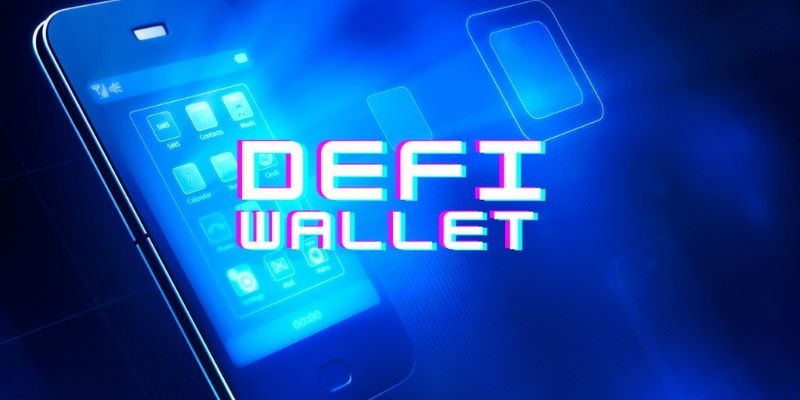
DeFi Wallets Offer High Security
However, it is important to note that the management of private keys is the sole responsibility of the user. If the private key is lost or stolen, the user risks losing all of the assets in the wallet.
Stablecoin trong DeFi
Stablecoins are cryptocurrencies designed to maintain a stable value, often pegged to stable assets like the US dollar (USD). This creates a safer and more efficient trading environment in the DeFi space.
Popular stablecoins in DeFi such as DAI, USDC, and USDT offer several significant benefits:
Mitigate Volatility Risk: Stablecoins help users avoid the sharp price fluctuations often seen in other cryptocurrencies, thereby preserving the value of their assets.
Facilitating Transactions: With their stable value, stablecoins make trading, payments, and other financial activities easier and more predictable.
Tăng cường tính ứng dụng của DeFi: Stablecoin mở ra nhiều khả năng ứng dụng mới cho DeFi, từ vay mượn, cho vay đến các giao dịch phức tạp hơn.
4. Benefits and risks of DeFi
Benefit
- Financial self-realization: Not controlled by banks or governments.
- Low Cost: No intermediary fees, helping users save on transaction costs.
- Fast transaction speed: Instant transaction processing on the blockchain.
- Profit Opportunities: DeFi opens up new forms of investment such as staking, yield farming, and liquidity mining.
Risk
- Security Risk: Attacks on smart contracts can lead to loss of assets.
- No insurance: Users are responsible for their own property, if lost, they cannot be recovered.
- Price Volatility: DeFi assets can be highly volatile, posing high risks to investors.
5. The Future of DeFi
The future of DeFi holds huge potential to completely reshape the global financial system.
Advanced Smart Contracts: The development of smart contracts will bring about significant improvements in security, flexibility, and interoperability, opening up more complex and diverse DeFi applications.
Popular DeFi Wallets: DeFi wallets will become a familiar tool, helping users easily manage digital assets, access DeFi services, and participate in the decentralized economy.
Smarter DeFi: The combination of DeFi with AI and big data will create smarter financial services, capable of predicting user needs, optimizing profits and minimizing risks.
Institutional Participation: The increased participation of traditional financial institutions will bring resources, experience, and trust to DeFi, driving wider growth and adoption.
Clear Legal Framework: Establishing appropriate legal regulations will create a clear and transparent legal environment for DeFi, attracting investment and fostering innovation.

DeFi holds great potential for the future.
DeFi is ushering in a new revolution in the financial industry, bringing more transparency and fairness to users worldwide. However, participants need to equip themselves with knowledge to avoid risks.
If you're interested in decentralized finance DeFi, start by learning about what is a DeFi wallet and how to use DeFi platforms safely!
Don't forget to visit ONUS to learn more about this technology.

